Published
- 02:00 am
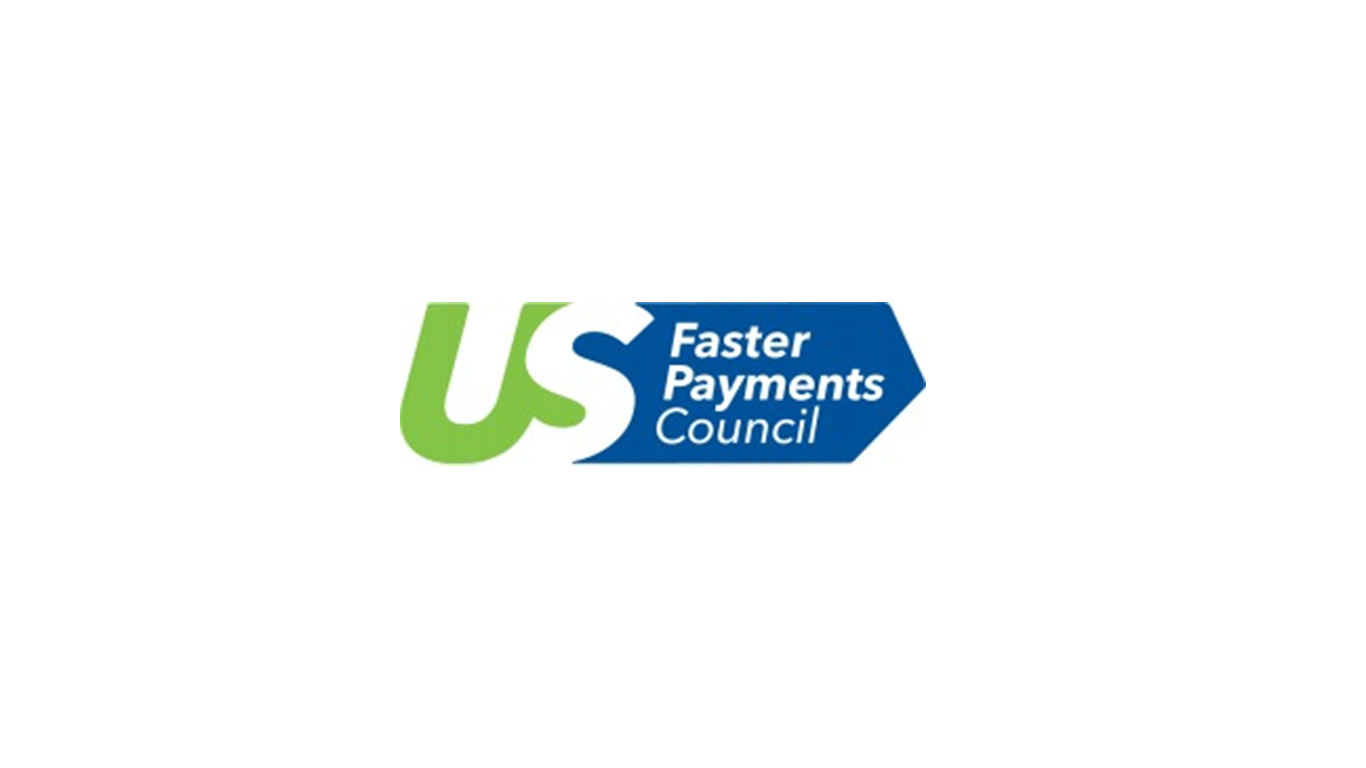
The U.S. Faster Payments Council (FPC), a membership organization devoted to advancing safe, easy-to-use faster payments in the United States, today published its latest research report, titled The Practicalities of Cross-Border Payments in a Faster Payments World. This new report builds on the FPC’s previous white paper, Cross-Border Faster Payments, released in June 2021, which focused on use cases and user expectations for cross-border faster payments.
Developed by the FPC Cross-Border Payments Work Group, sponsored by Mastercard, the report delves into the history of cross-border payments, examining the evolution from ancient trade routes like the Silk Road to modern-day global financial systems. It explores the challenges faced by financial institutions in correspondent banking relationships, shedding light on regulatory compliance, security concerns, foreign exchange rate risks, and the impact of fintech players entering the field.
The Practicalities of Cross-Border Payments in a Faster Payments World also highlights the challenges faced by fintech companies, providing insights into regulatory compliance, security, foreign exchange rate risks, lack of transparency, high costs, interoperability, data privacy, competition with financial institutions, and liquidity management.
“Addressing the practicalities of cross-border payments in a faster payments world requires collaboration among financial institutions, regulatory bodies, and technology providers,” said Barry Tooker, Principal at TransactionBanker.com and FPC Cross-Border Payments Work Group Chair. “Innovations in financial technology, such as blockchain, real-time payment networks, and standardized messaging formats like ISO 20022, offer opportunities to streamline and improve cross-border payments. Overcoming these challenges is crucial for fostering global economic growth and enabling seamless international transactions.”
The report underscores the increasing pace of change in cross-border payments, mentioning key developments such as SWIFT's gpi, the global rollout of the ISO 20022 standard, the exploration of Distributed Ledger Technologies, the use of APIs, and the rise of Central Bank Digital Currencies.
"In a world of faster payments, understanding the practicalities of cross-border transactions is vital to navigating its complexities and challenges,” said Jonathan Holland, Vice President, Account Management at Mastercard and Vice Chair of the Cross-Border Payments Work Group. “The full ecosystem – from financial institutions to fintechs to payments networks – will continue to collaborate and innovate, leveraging regulation, interoperability and cutting edge technology to further optimize this critical payment process.”
The report emphasizes the transformative impact of new transaction banking initiatives, urging stakeholders to adapt to changing paradigms. It highlights the need for constant review and adaptation to emerging technologies, industry initiatives, mandates, and regulatory directives to ensure a smooth and efficient payment workflow.
"The evolving nature of cross-border payments demands a proactive approach. This report not only identifies challenges but also highlights opportunities for innovation and collaboration, paving the way for more efficient and secure transactions,” said FPC Executive Director Reed Luhtanen. “By working together, the FPC and our members continue to be a driving force in shaping the future of faster payments.”
The FPC prioritizes the inclusion of diverse perspectives in tackling complex topics such as interoperability, identifying real-world solutions that can ease adoption of faster payments, managing security risks and fraud threats, addressing barriers to financial inclusion and cross-border payments, and more, as the organization paves the way toward a future of faster payments for all.
Related News
- 08:00 am
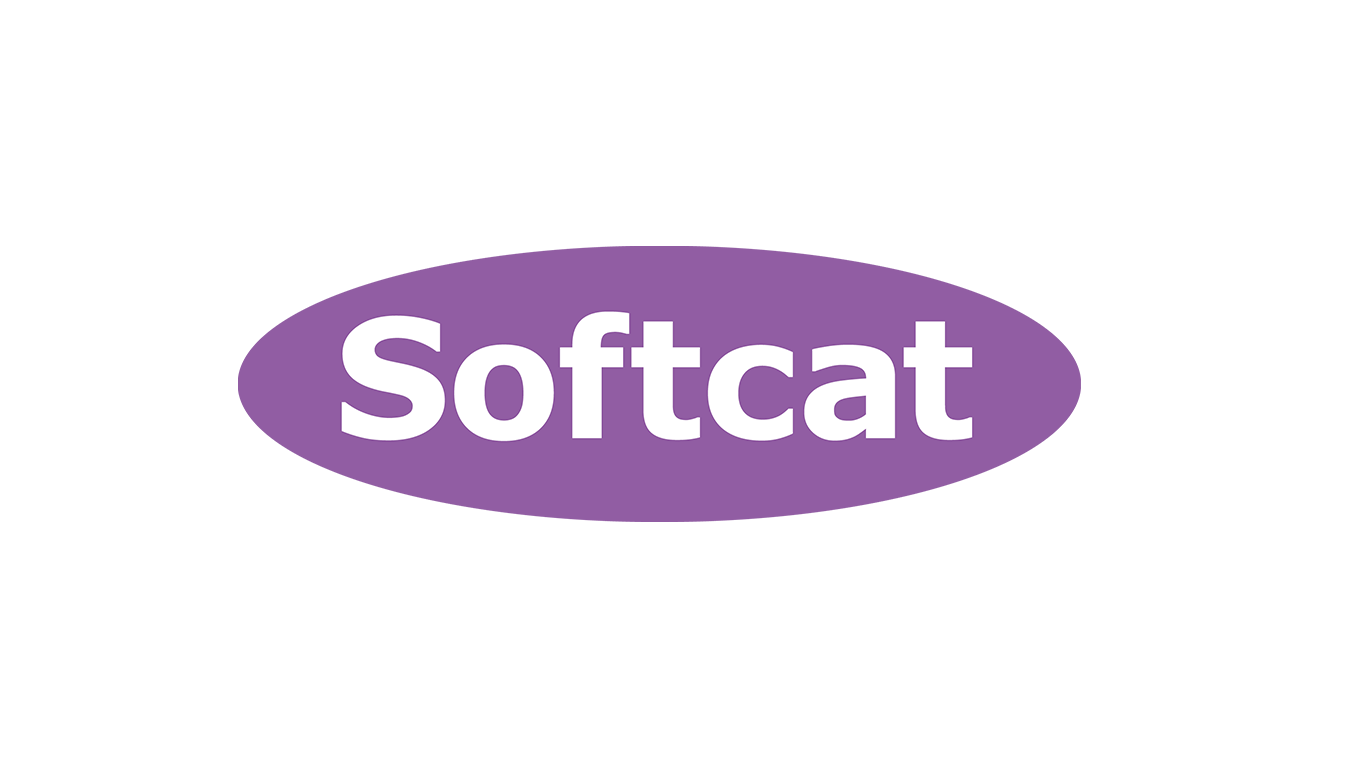
A new report by leading providers of IT infrastructure, Softcat, offers a look into the technologies the financial sector is prioritizing over the next 12 months.
The findings form part of a report based on the views of more than 4,000 customers from 2,900 organisations in the UK and Ireland, across 27 industries in both the public and private sectors.
The report, which is produced annually, reveals the financial sector is, for the second year running, prioritizing cybersecurity above all technology areas, with 55 percent of respondents saying it is their focus over the next 12 months.
Digitalization is taking over the financial sector, evidenced this year by the increasing number of bank branches closing, replaced by digital alternatives which store information on cloud-based platforms and data centres.
Digital capabilities safeguard data but also leave it susceptible to sophisticated hackers taking advantage of cyber security weaknesses.
The Information Commissioners Office (ICO) revealed that the largest percentage increase in cyber incidents was in the finance, insurance, and credit sectors, showing an increase of 266 percent in 2023. The fundamental importance of increased investment into cyber security with the likes of zero-trust security and AI threat hunting is apparent.
Devices and End User Computing were the second most important investment priority for the finance sector, with over a third (36%) of respondents planning to invest in this area in 2024. Secure devices and appropriate technology not only prevent cyber breaches but also boost workforce productivity and increase job satisfaction, helping retain valuable staff.
The financial sector reportedly has the fourth-highest average turnover rate of all sectors in the UK (28.2%) and with associated high costs, investing in this area is key.
Furthermore, with continued higher demand for hybrid and remote working, investment in collaboration and communication technology supports and improves efficiency and productivity regardless of location. Rising generative AI will feed into this, enhancing workforce capabilities through productivity apps, but only if digital workspaces are updated and AI-ready.
This is also reflective of the third investment priority for 2024 – Data (31%).
Investment in appropriate and updated technologies and devices fosters efficient data management, including data strategy, governance, analytics, and security.
At the heart of this, lies the numerous applications and data silos that must be integrated to achieve desired business outcomes and improve employee and customer experiences. Investing in a data backbone strategy will help to identify and mitigate risks, troubleshoot problems quickly, and allow for better managerial decision-making.
Finally, with e-waste reportedly the fastest-growing solid waste stream in the world, the tech industry at large is aware of the impact it has on the environment. With this in mind, the financial sector is prioritizing tech sustainability in 2024, with 64 percent of respondents citing it as a key initiative for the year ahead.
Meanwhile, the financial sector has highlighted the top business challenges they’re expecting over the next 12 months.
Half of all respondents in this sector cited People-related challenges above all others, closely followed by Commercial Risk (40%) and Technology Experience (33%).
Again, digital transformation and the rapid emergence of generative AI across the sector reflect the relevance of these top three challenges. The heightened dependence of customers, employees, and businesses on digital technologies will continue to grow and so will commercial risk.
It is no surprise that commercial risk takes second place as a top challenge for the industry when, in 2022 the typical cost of cyber-attacks stood at $5.97 million globally. This is the highest cost of cybercrime for all sectors, with attackers seeking access to confidential transactional data, and user account information to steal money.
Training of customers and employees alike is imperative in mitigating risks associated with a lack of experience in using technology which renders users more exposed to risk.
Richard Wyn Griffith, Chief Commercial Officer, commented on the findings:
"As we continue to navigate the ever-changing landscape of technology, it is essential that we remain vigilant and adaptable. The past year has seen global unrest, but it has also presented us with countless technological opportunities for growth and innovation. By taking a measured and strategic approach, we can effectively manage the risks associated with emerging technology, while also seizing the opportunities that it presents. We must remain proactive in our efforts to safeguard against cyber threats, integrate AI into our operations, and build digital resilience.
“Only by embracing change and remaining steadfast in our commitment to progress can we hope to thrive in this new age of digital transformation. I look forward to continuing to work with our customers towards a brighter future!"
Related News
- 02:00 am

Policy Expert, the UK’s leading personal lines insurtech, has announced the expansion of its leadership team with the creation of seven new roles to help accelerate its growth plans and deliver practical innovations in products and customer service.
The expansion follows a significant year of growth, with Policy Expert ranking first for new policy sales across many price comparison websites while maintaining market-leading renewal rates of c.90%¹. The business has grown new policy sales by 66% and renewals by 97% over the last three years, underpinning a 110% rise in gross written premiums and increasing its customer base to more than 1.4m policyholders2.
Effective from January 2024, Policy Expert’s new senior appointments bring together a wealth of talent and experience as part of an expanded executive team, including:
- Linda Crichton as Chief Customer Officer, who will oversee the day-to-day operations of Policy Expert’s contact centers in Motherwell and Milton Keynes.
- Alex Bearpark as Chief Insurance Risk Officer, who will be responsible for the team’s insurance risk and reserving functions.
- Antony Green as Chief Product & Technology Officer, who will lead on technology, cloud solutions, and product delivery initiatives.
- Christine Minetou as Chief Pricing Officer, who will guide the pricing strategy across key products.
- Audrey McDade as Chief Compliance Officer, who will be responsible for the compliance and corporate risk functions across the business.
- Millie Nash as Chief People Officer, who will oversee recruitment, payroll, learning & development initiatives, and internal communications.
- Gary Barker as Managing Director of Trinity, will lead on claims.
The seven new appointments will join existing executive team members Steve Hardy, Executive Chair; Adam Powell, Chief Operating Officer; Kevin Chidwick, Chief Financial Officer; and David Prior, Chief Underwriting Officer.
Policy Expert has grown consistently to employ over 850 staff across its London, Milton Keynes, and Motherwell offices, welcoming 85 new starters in the last six months alone. The business now supports 1.4 million customers across the nation and has been rated the number one provider for home insurance on Reviewcentre.com since 2013.
Policy Expert was also recently recognized as an ‘outstanding’ business in the Best Companies accreditation scheme, ranking among the insurance sector’s top ten employers in 2023 and among the UK’s 100 best large companies to work for.
The bolstering of the executive team will support Policy Expert's growth ambitions for the year ahead. Its strategy is supported by strong digital distribution relationships, best-in-class data science capabilities, its vertically integrated claims model, and tech-led customer experience which results in market-leading renewal rates.
Steve Hardy, Executive Chair at Policy Expert, said: “We are delighted to announce the expansion of Policy Expert's executive team, with the promotion of seven talented individuals from across our business to help drive forwards the next stage of our growth plans.
“This exciting change will ensure our key business strategies are shaped by input and support from across every aspect of Policy Expert. Our expanded team will help us to operate as a single, unified business as we continue to grow our proposition and market share.
“I couldn’t be happier with the extensive experience and strategic acumen around the table of our new leadership team. Their collective input will help to ensure we keep innovating and putting customers’ needs first throughout 2024 as we build on our position as the UK’s leading personal lines insurtech.”
Related News
- 06:00 am
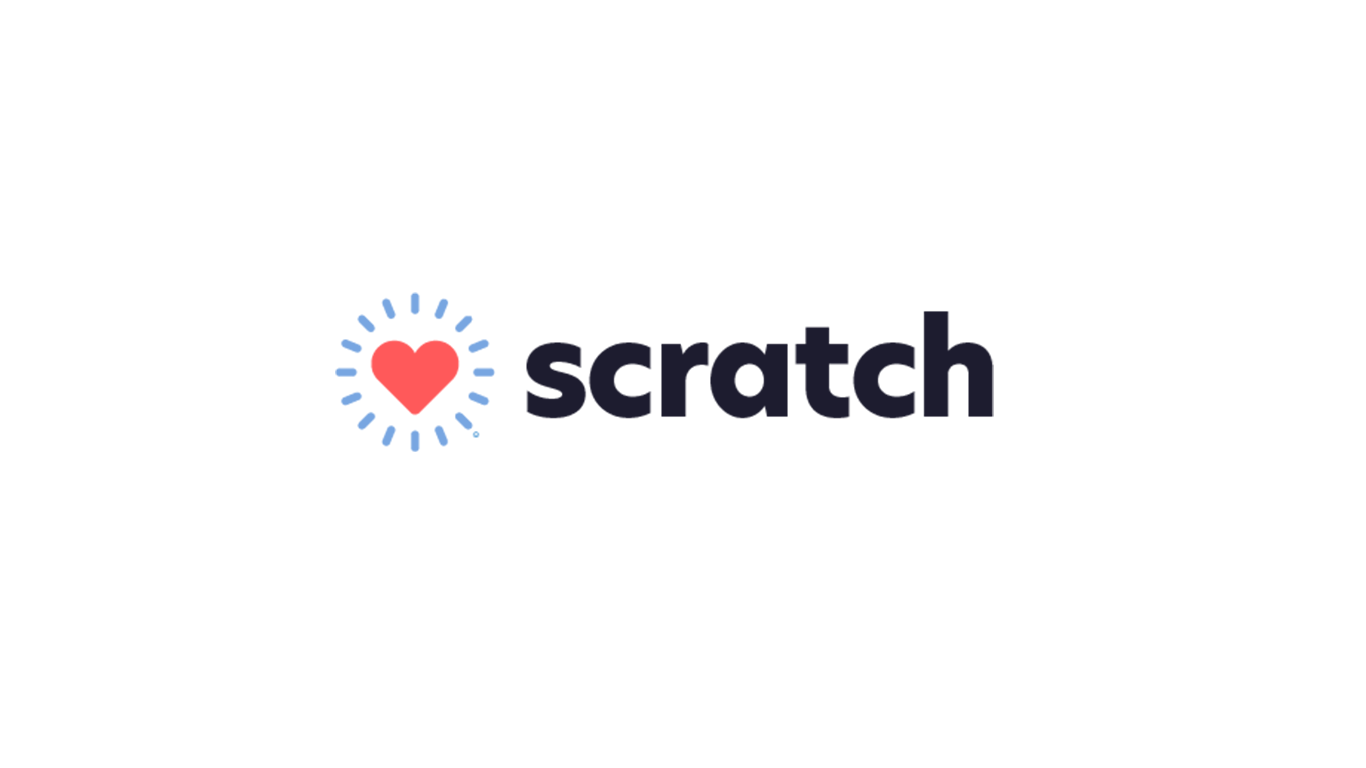
Scratch Financial, a fintech company that provides modern payment solutions for veterinary care, is thrilled to announce its partnership with Blue Rabbit, a leading veterinary online pharmacy. This strategic alliance will enable veterinary practices to utilize Scratch Checkout for Blue Rabbit's online payment processing and integrated reporting suite to help streamline flow of funds, reduce transaction costs, and enable unmatched operational efficiency.
The partnership between Blue Rabbit and Scratch brings substantial benefits to veterinarians and their clients including:
Streamlined Payment Processing: A faster, more secure payment experience when clients purchase pet medications, diets, and supplements through their veterinarian's online pharmacy platform powered by Blue Rabbit. Veterinary practices using Blue Rabbit can spend less time on accounting-related tasks and reduce transaction-related expenses.
Enhanced Data and Analytics: With integrated payment data from Scratch and access to real-time, comprehensive analytics, Blue Rabbit can increase operational efficiency for their customers and enable timely month-end reconciliation.
Enhanced Payment Options: Clients will enjoy extensive payment options, making it easier to afford essential medications and treatments for their beloved pets and horses.
Exceptional Customer Support: Blue Rabbit and Scratch are committed to outstanding customer service. This partnership ensures that clients can access top-tier support when they need it most.
Ben Shaw, President of Blue Rabbit, expressed his enthusiasm about this collaboration. He stated, "Scratch is an excellent payment solutions partner for Blue Rabbit that enables significant advantages to our veterinary partners. Our team is committed to providing veterinarians with best-in-class technology to improve health and financial outcomes within their hospitals; this partnership advances that cause with a partner who shares our dedication to customer care and the veterinary industry."
Scratch's CEO, John Keatley added, "We are excited to work with Blue Rabbit, a company that shares our commitment to the veterinarian and to increasing accessibility to animal wellness. Together, we'll transform the way pet and horse owners work with their veterinarians to access vital medications for their animals."
This partnership signifies a significant step forward in the world of animal health, creating an ecosystem that prioritizes seamless, PIMS-connected solutions for veterinarians, and convenient, world-class commerce for pet and horse owners.
Related News
- 03:00 am
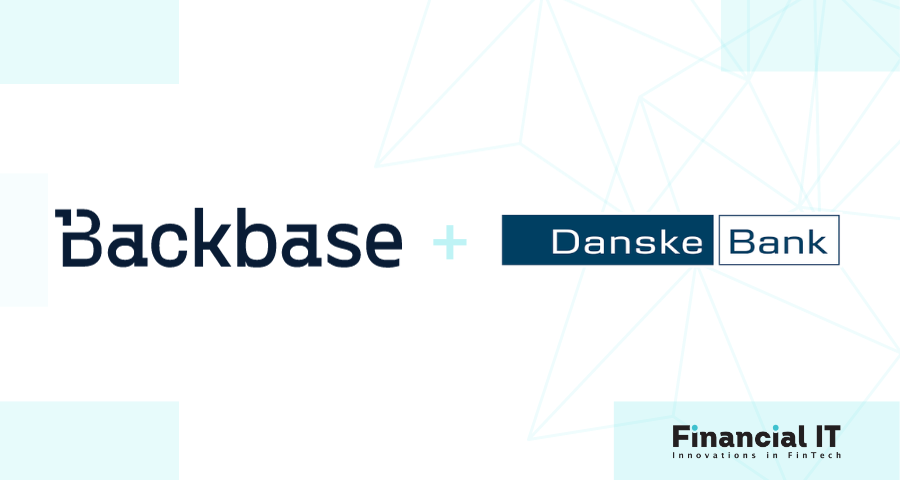
Backbase, the global leader in Engagement Banking, has agreed with Danske Bank, a leading Nordic bank based in Copenhagen, Denmark.
This agreement provides Danske Bank with access to the Backbase Engagement Banking Platform, which will progressively be implemented across digital channels in the coming years. This will enable Danske Bank to offer its customers a continuously improved digital customer experience, as the enhanced flexibility allows it to tailor its business operations around the customer journeys.
Frans Woelders, Chief Operating Officer at Danske Bank, highlights: “This engagement is testament to our customer focus and our commitment to ensuring the best digital banking experience for the future. A new platform that works across the web, mobile apps and our adviser tools is one of the ambitions in Danske Bank’s Forward ’28 strategy, and the agreement with Backbase is the next step towards achieving that ambition.”
The Engagement Banking Platform plays a pivotal role in achieving:
- Modernization and simplification of the existing IT landscape by reducing the number of silo-ed channel applications.
- Mobile-first engagement model: Establishing a customer-centric approach, seamlessly guiding customers between automated and expert advice.
- Unified platform: Consolidating data, business logic, and workflows into a single, customer-centric platform for efficient journey orchestration, benefiting both customers and bank employees.
- Agility and freedom: Enhancing flexibility to swiftly implement business capabilities and adapt to evolving market dynamics.
Christian Bornfeld, Head of Personal Customers and Financial Crime Risk and Prevention at Danske Bank, says: “This platform will allow us to take our interaction with customers though our digital solutions to the next level and to introduce enhancements at greater speed than ever before. It will thus enable us to provide market-leading convenience and personalisation for our customers with great insights, increased proactivity and easy access to assistance and advice.”
Jouk Pleiter, Founder and CEO of Backbase, shares, “We are thrilled to announce the engagement with Danske Bank, a visionary collaboration set to redefine the future of banking. Together, we will execute a bank-wide, digital transformation program and elevate Danske Bank's customer experience to new heights.”
Related News
- 05:00 am
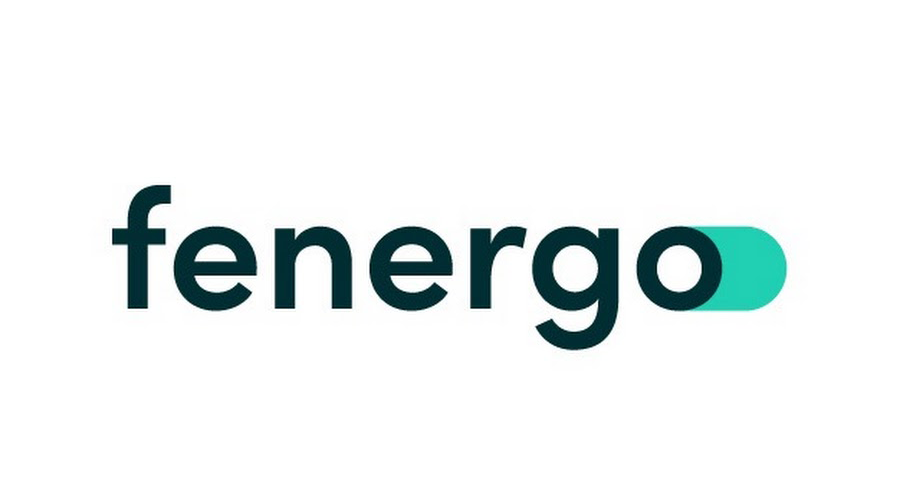
Fenergo, the leading provider of digital solutions for client lifecycle management (CLM), know your customer (KYC) and transaction monitoring, today released its annual findings on global financial institution enforcement actions, which reveal that the value of penalties imposed on firms surged 57% in 2023.
Penalties for failing to comply with anti-money laundering (AML), KYC, environmental, social, and governance (ESG), sanctions, and customer due diligence (CDD) regulations totaled $6.6bn in 2023, up considerably from $4.2bn in 2022 and $5.4bn in 2021. The highest value fine at $4.3 billion was issued to the world’s largest cryptocurrency exchange, Binance, in relation to AML failings. Binance was ordered to pay the fine to resolve investigations by the US Department of Treasury’s Financial Crimes Enforcement Network (FinCEN), Office of Foreign Assets Control (OFAC), and the Commodity Futures Trading Commission (CFTC).
The Cayman Islands, where Binance is headquartered, has subsequently seen the single largest regional increase in fines received from global regulators, from just over $3m in 2022 to more than $4.5bn in 2023. Among the most punitive jurisdictions with the highest penalty totals were the US, which saw an increase of 69% to $5.1bn, the second highest year on record, and China, up from $55m to $1.4bn in 2023. Regulators in the United Kingdom were more lenient, handing out penalties to FIs totaling $25.26m, down 86% from 2023.
Crypto and payments firms have driven the biggest uptick in fines this year, representing 69% and 21% of global penalties, respectively. According to Fenergo’s analysis, 2023 marks the first year when crypto and payments firms surpassed traditional financial institutions with regard to the value and severity of financial penalties received for AML breaches.
Broadly speaking, the most significant increase in enforcement actions relates to KYC and CDD, rising to a staggering $219m over the last 12 months, up from $2.3 million. Following a similar trajectory, ESG fines have increased by 246% to reach a record high of $19m in 2023.
Commenting on the findings, Rory Doyle, head of financial crime policy at Fenergo, said: “Regulators have clearly had their foot on the accelerator this year, demonstrated by the huge enforcement crackdown on virtual currency providers. These findings spotlight a need for more robust frameworks for AML within newer, digital-first providers. That said, firms of all sizes must ensure they are well prepared from a financial crime perspective as regulators prioritize AML/counter financing of terrorism (CFT) in 2024.
“The challenges facing financial institutions this year include the need to plug the growing educational gap and the ongoing shortage of qualified financial crime professionals to conduct effective client due diligence. With more work and fewer resources, firms must look to leverage cutting-edge technology to create a centralized financial crime ecosystem – including machine learning and artificial intelligence – to reduce the growing skills gap and, ultimately, mitigate the risk of further enforcement action over the coming 12 months.”
Related News

Nikhil Menon
QA Engineer at Baton Systems
Anybody who has worked in software development can faithfully attest to the fact that quality assurance (QA) testing, and the functional testing cycles that are require see more
- 06:00 am
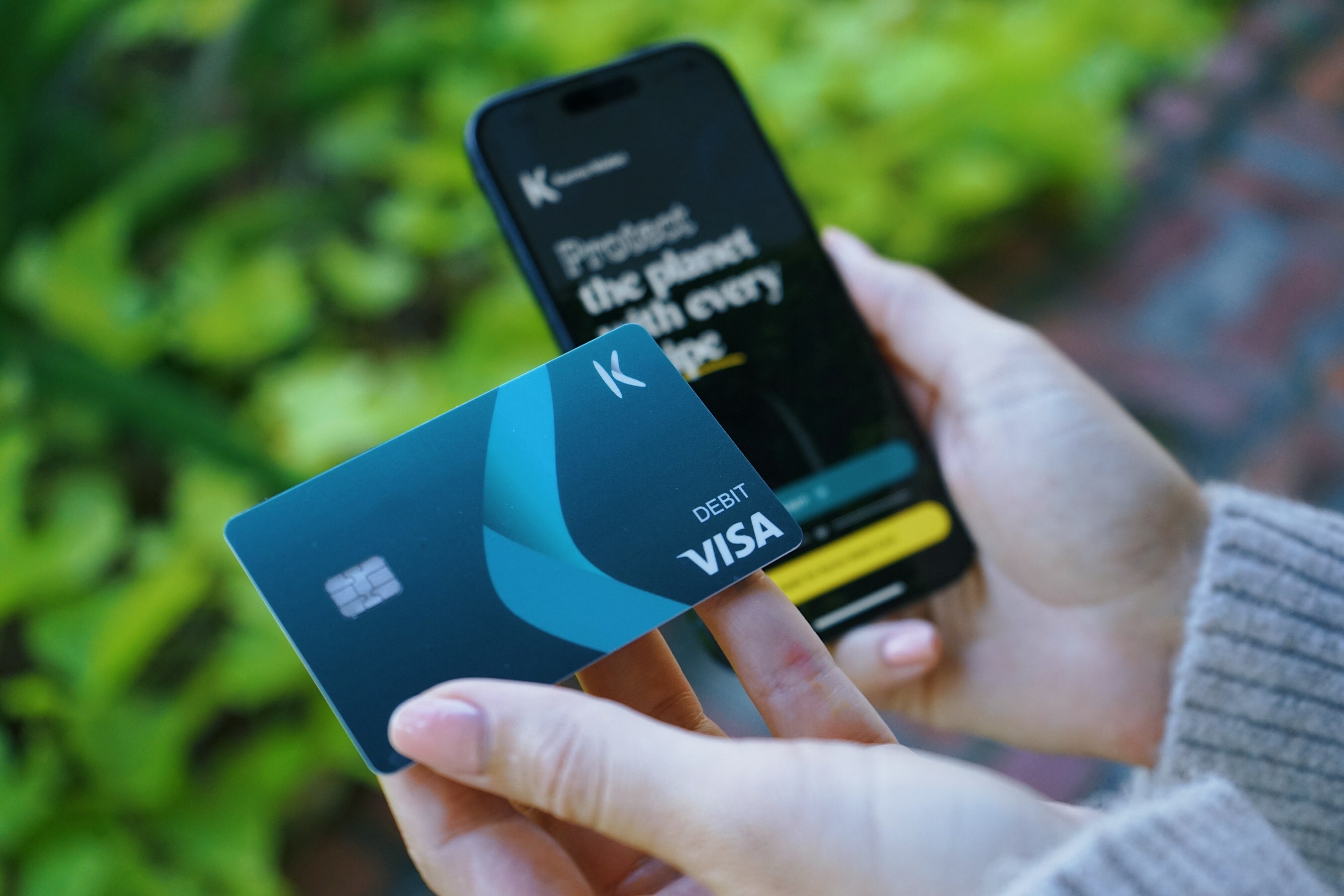
In a bold move to fuse financial technology with environmental stewardship, Karma Wallet announces today the launch of their Karma Wallet Card, a groundbreaking new spending tool that redefines the power of purchase. Accompanied by a robust $2M+ funding injection from socially conscious investors, including the innovative Tweener Fund, this launch heralds a new era of impact-driven, conscious consumerism.
Designed to disrupt the fintech status quo, Karma Wallet offers an easy mechanism for consumers to understand the true impact of their spending habits. The Karma Wallet reloadable prepaid debit card is the first financial product to provide real-time insights into the social and environmental impact of every transaction. Karma Wallet's growing community now has the unparalleled ability to turn their daily and recurring expenses into direct action, earn cashback rewards, and automatically support reforestation efforts and local food security initiatives on select purchases.
"There is a big gap between intention and action," Karma Wallet CEO and co-founder Jayant Khadilkar told Sustainable Brands™ in 2022. "Through the Karma Wallet Card, we're turning everyday transactions into opportunities for profound action."
The Karma Wallet companion app comes with a dashboard that provides an unparalleled view into the socioeconomic impact of each purchase, and access to comprehensive impact evaluations of 15,000+ brands. This proprietary ecosystem showcases where, and more importantly how, cardholders can make purchasing decisions that reflect their ethos, and the card allows members to put that directly into action.
"Our members are change-makers; participating in a global effort to use money as a tool for change," explains Kedar Karkare, PhD, Karma Wallet's co-founder. "Our mission is to enlighten, engage, and empower consumers to be the change they want to see in the world, one purchase at a time."
With the $2M+ capital poised to propel the Karma Wallet card into the marketplace, the team's vision is clear: to catalyze a shift towards mindful spending, educate consumers, and shape a future where every dollar spent supports a more sustainable and equitable world. Their recent inclusion on Inc.'s Best in Business 2023 list underlines Karma Wallet's ascension in the fintech space, reflecting a trajectory that is as impactful as it is inspiring.
Related News
- 01:00 am
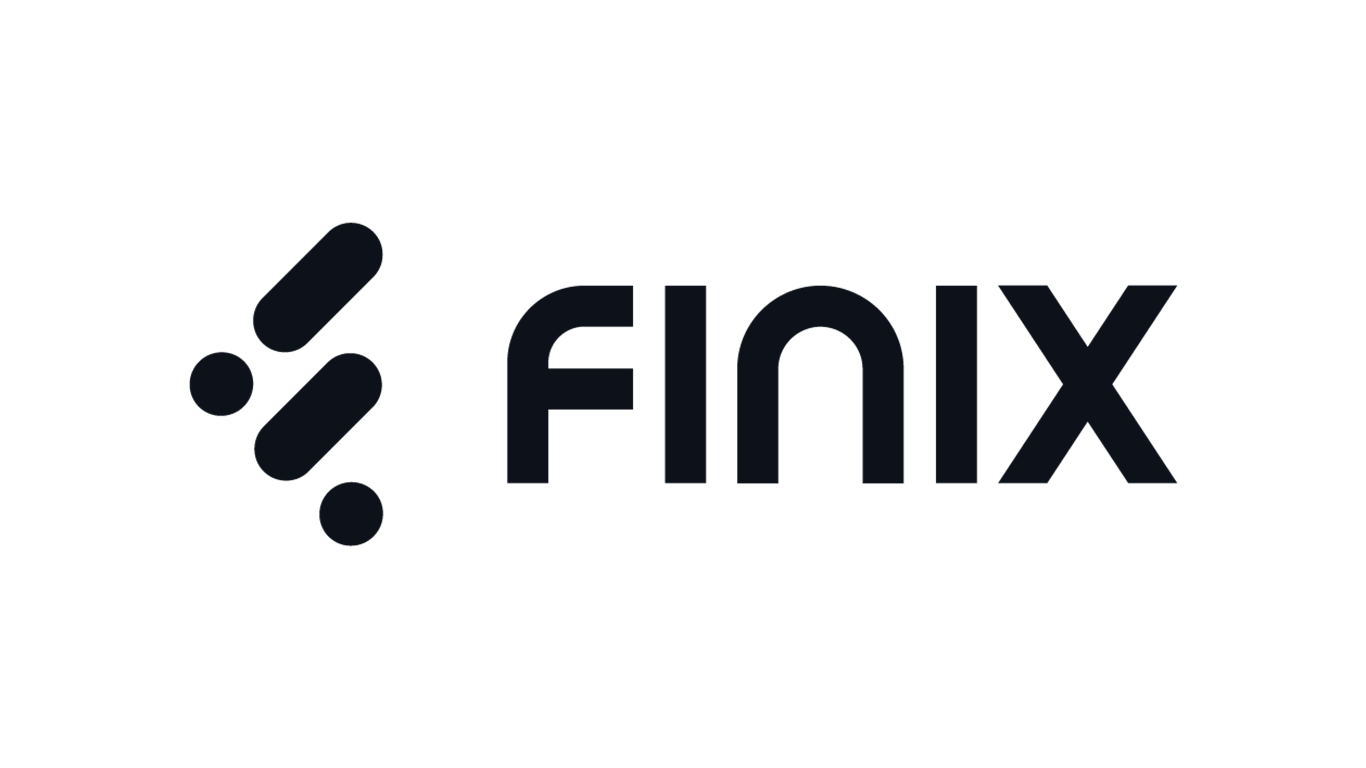
Finix, the payments technology provider enabling businesses to accept and send payments online or in-person, announced today the launch of Payouts, its latest standalone product line. Payouts enable businesses across all industries to efficiently send money at scale, regardless of whether they utilize the broader Finix payments platform.
Businesses often encounter challenges when they need to disburse funds due to siloed payment flows and need to manage multiple vendor relationships to send and receive payments through various payment methods. In addition, businesses can be delayed waiting for bank approvals and integration resources. Now, Finix Payouts enables fast and reliable money movement–to one or many recipients at once–via a single developer-friendly API. Payouts have many use cases such as business-to-business (B2B) account payables, gig economy wages, insurance claims, tax refunds, sales commissions, tips, contractor payouts, and more.
"Businesses can encounter many challenges when sending money at scale. Teams may face cumbersome technical integrations, manual payment operation workflows, and cash flow challenges, which can create a reconciliation nightmare," said Richie Serna, CEO and co-founder of Finix. "With Finix Payouts, companies of all sizes can get started in a few hours, configure their payment flows and methods to satisfy their business needs, help alleviate complications and intermediaries, and start sending money without spending an extensive amount of time or resources. Instead, they can focus on what matters most: their product, customers, and business growth."
"Launching this separate product line, Payouts, is further evidence that Finix is continually and rapidly evolving to meet the dynamic needs of businesses," said Anthony Sharett, President of Pathward®, N.A. and Pathward Financial, Inc. "Pathward is proud to deepen our partnership with Finix and continue working together to broaden accessibility to the financial system."
Finix will utilize Mastercard Send™ and Visa Direct to enable card-based payouts allowing U.S. businesses to quickly send money to bank accounts or eligible cards.
Key features of Payouts include:
24/7 Card Payout Availability:
- Disburse funds to cards in near real-time1, 365 days a year – including weekends and holidays.
Real-time Bank Account Validation:
- With Finix's integrations, businesses can get up and running quickly and seamlessly link and validate bank accounts in real time.
Flexible Payment Maximums Based on Industry:
- Businesses can have custom disbursement limits for push-to-card and bank transfers to effortlessly scale their processes.
All-in-One Platform:
- By integrating with Finix's complete solution, users can send payments via ACH, real-time payments, and to cards with Mastercard Send™ and Visa Direct, in a single API.
Embedded Compliance:
- Finix conducts the necessary compliance checks on recipients ahead of sending money between parties.
Reliable, Detailed Reporting:
- Businesses can manage their payout services with out-of-the-box tools, customizable reporting, and detailed recordkeeping.
"In today's digital environment, it's vital that businesses of all sizes can securely access and send funds in near real-time, whenever and wherever their work takes them," said Silvana Hernandez, Executive Vice President, Product and Engineering, North America, Mastercard. "By working with Finix, we're helping businesses meet the demands of our always-on digital world, enabling them to seamlessly integrate Mastercard Send into their day-to-day operations to move money safer, faster and more efficiently."
"Visa Direct provides a single point of access and reach to over 8.5B+ endpoints capability, including 3B+ eligible cards, 3B+ bank accounts, and 2.5B+ wallets around the world," said Yanilsa Gonzalez-Ore, North America Head, of Visa Direct. "This collaboration reflects our shared commitment to streamlining global money movement and we're excited to bring streamlined disbursement capabilities to more businesses across the U.S., enabled by Visa Direct."
Related News
- 06:00 am
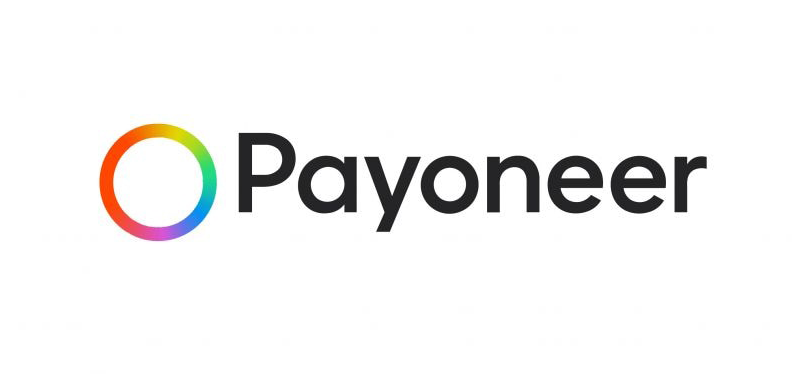
Payoneer, the financial technology company empowering the world’s small and medium-sized businesses (SMBs) to transact, do business, and grow globally, announced new features to improve the customer experience and help entrepreneurs easily connect with the global economy.
“SMBs trust us and grow with us because we’re constantly evolving to help them in ways that give them more control and flexibility,” said Oren Ryngler, Payoneer's Chief Product Officer. Our new updates to Payoneer Checkout help customers accept online payments via their websites safely and easily and can contribute to a higher rate of customer conversions. Our commitment to always leveling the customer experience enables SMBs to scale to new markets and thrive.”
Key new features include:
Smoother experiences with Payoneer Checkout
Payoneer Checkout is a solution that empowers SMB merchants to seamlessly and securely accept online payments from their global customers who shop for goods and services at their online stores. Introduced in 2022, Payoneer Checkout has experienced significant growth since its launch as SMBs increasingly rely on it to scale their businesses. Updates include new pre-dispute alerts to help SMB merchants avoid costly chargebacks. The Native Shopify checkout feature helps merchants deliver a seamless payment experience to their customers when shopping at their Shopify store. With this major update, the checkout process becomes native, removing redirects so consumers can pay on the same page within the online store.
Increased efficiency when managing payments
Other feature updates support multiple payment requests, giving Payoneer account holders greater flexibility and saving them time. For example, as part of the latest feature release, Payoneer improved bulk payment processing for customer convenience. Batch payment requests now handle up to 200 requests at once, and batch payments now support sending funds to 500 Payoneer accounts simultaneously. The upcoming role management feature will help distribute workloads by letting account owners set up contributor roles for staff.









